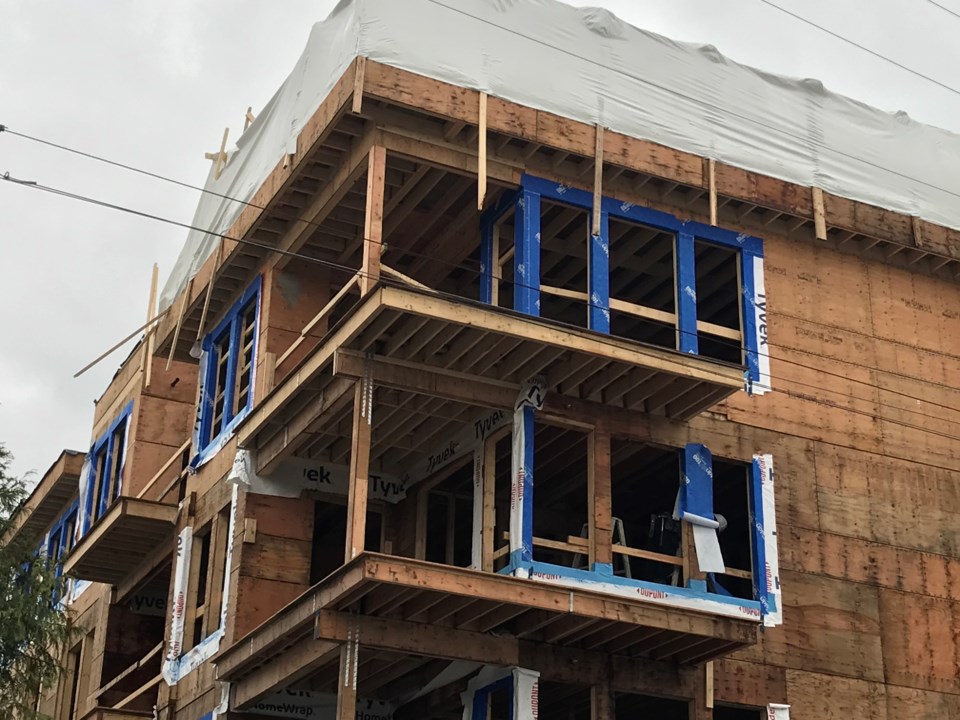Port Coqutilam is already well aware of the need for housing for people at all stages of life, says Port Coquitlam Mayor Brad West, so he's not too concerned about a B.C. government proposal to change zoning rules for more density.
However, West said he wants to see the details of the proposal and how the province plans to fund services, such as sewer and water, that are required when building more homes for people.
"All of this is not particularly new to our city. There's some differences between how our system operates and what they’ve announced," said West.
"We're going to have to see the details this fall for what it means for us."
On Monday (April 3), Premier David Eby announced plans to introduce legislation in the fall to increase housing in the province, including bringing in a province-wide law to allow up to four units on traditional-sized single-family lots.
The Homes for People action plan includes $4-billion investment over three years and commits to $12 billion over a decade with incentives to build, laws to curb speculation and financial help for renters and homeowners.
West told the Tri-City News that he's waiting for more details to see if provincial rules would change how PoCo does business.
But for now, said the mayor, Port Coquitlam already allows for greater density.
For example, multiple apartment blocks have been built near the city's downtown in a neighbourhood that used to be single-family homes and townhouses are being constructed on regular-sized lots in other areas of the city, while property owners are subdividing their lots to build two houses.
In a press conference, housing minister Ravi Kahlon acknowledged that the government will have to work with municipalities to fine tune the legislation.
But he said the province wants to see more housing around transit and an end to rezoning processes to build a duplex, a triplex or a rowhome.
Housing for next generation
"Without more of these types of homes, we risk pushing more of our next generation out of this province,” Kahlon said.
West acknowledged that more housing is needed to meet demand but said with greater density comes the need for services, such as sewer and water, as well as parks and playgrounds.
He suggested the province needs to consider how to fund these services if it's going to substantially increase density.
"I can tell you those things are not cheap. If the province wants to see cities increase their residential density, how are they going to support the increased demand that come with that?" West asked.
As for meeting the province's demand for more housing, West said Port Coquitlam is already trying to fill the housing gap, noting that a number of subdivisions and housing projects have recently been approved.
Recently, a 10-unit townhouse project on two lots on Salisbury Avenue was approved after a public hearing.
As well, 500 units of affordable rental housing are being constructed while towers for Westwood Street near transit have been approved.
The question remains whether the public will still get a say in what gets built in their neighbourhood after the province puts forward its legislation.
However, using the current process of rezoning, public hearing and permit approval, Port Coquitlam hasn't had the kind of opposition to increased density that other cities may have faced, he said.
"We have been seeing gentle forms of density in traditional single-family neighbourhoods for quite some time."
— with files from Cindy E. Harnett and The Canadian Press





